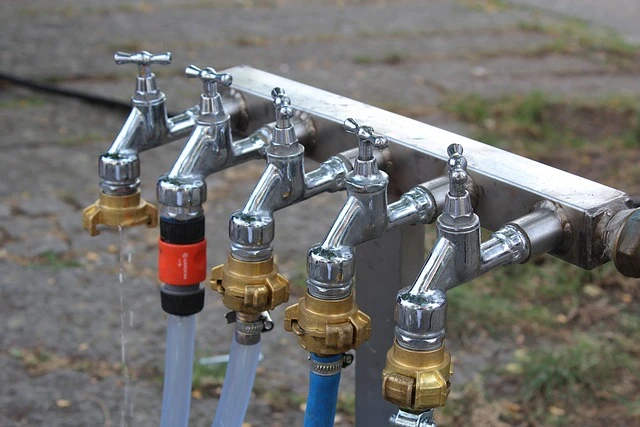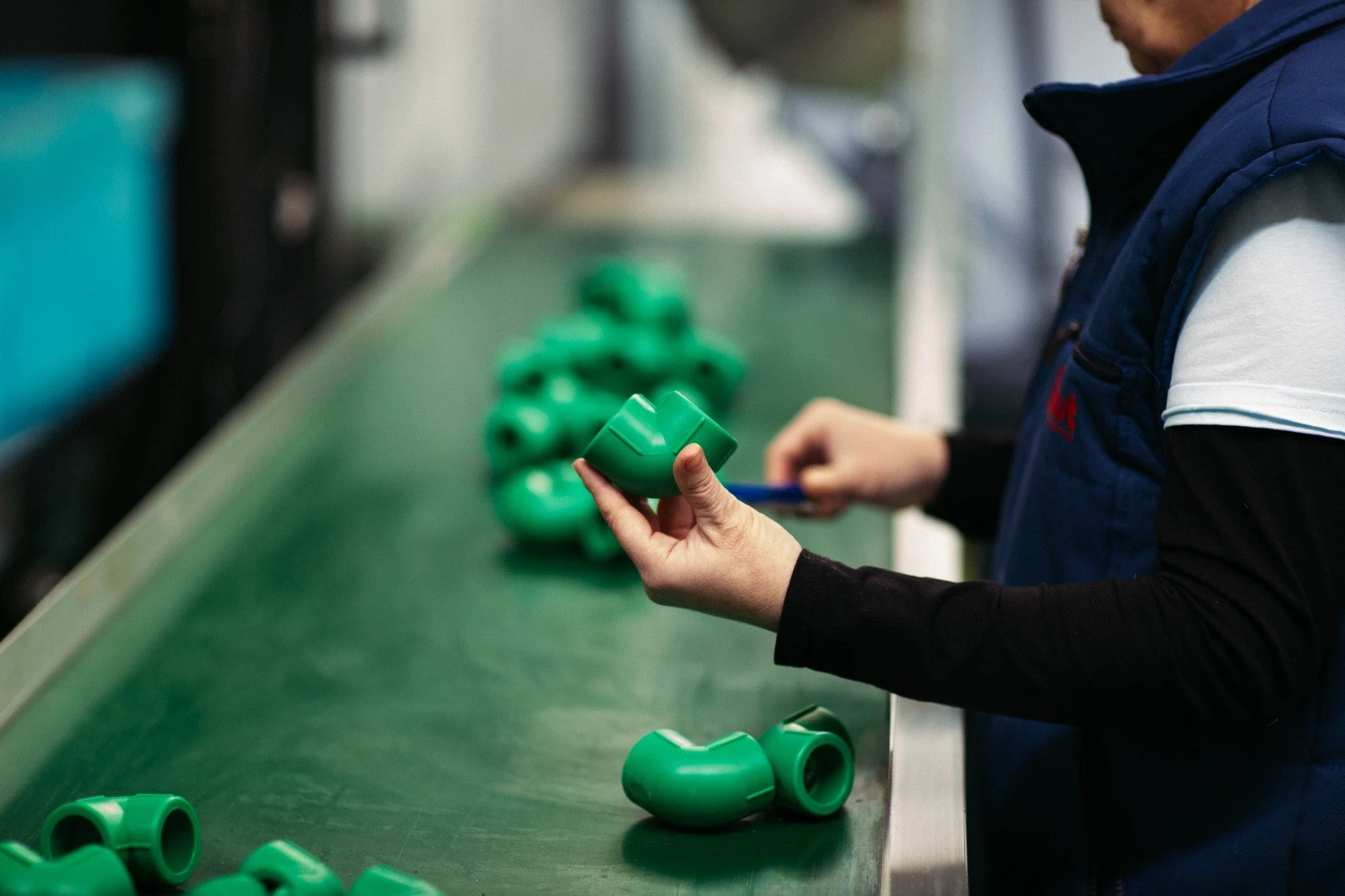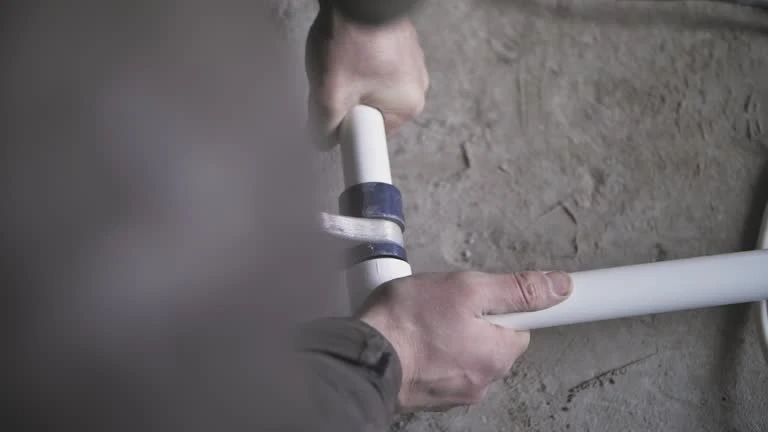Borealis, a leading provider of innovative solutions in the plastics and chemicals sectors, has made significant strides in sustainability by deploying chemically recycled drinking water pipes in Vienna. This groundbreaking initiative not only highlights the company’s commitment to environmental responsibility but also sets a new standard for the water management industry. This article explores the significance of this project, its implications for drinking water infrastructure, and the broader impact on sustainability in urban environments.
Understanding Chemically Recycled Drinking Water Pipes
What Are Chemically Recycled Pipes?
Chemically recycled pipes are made from plastic waste that has undergone advanced recycling processes. Unlike traditional recycling methods that often result in lower-quality materials, chemical recycling breaks down plastics into their original monomers. This allows for the creation of new, high-quality materials that can be used in applications such as drinking water pipes.
Benefits of Chemically Recycled Drinking Water Pipes
- High Quality: Chemically recycled materials maintain the same quality and performance as virgin materials, ensuring safety and reliability for drinking water applications.
- Sustainability: Using recycled materials reduces the demand for virgin resources, minimizing environmental impact and contributing to a circular economy.
- Waste Reduction: This approach helps divert plastic waste from landfills and oceans, addressing the global plastic pollution crisis.
The Significance of Deploying Drinking Water Pipes in Vienna
Commitment to Sustainability
Borealis’s initiative to deploy chemically recycled drinking water pipes in Vienna demonstrates a strong commitment to sustainability. By investing in eco-friendly solutions, the company aims to lead the way in responsible resource management and environmental stewardship. This project aligns with Vienna’s broader sustainability goals, contributing to cleaner urban environments.
Enhancing Water Infrastructure
The deployment of these pipes enhances the existing drinking water infrastructure in Vienna. As cities worldwide grapple with aging water systems, Borealis’s innovative approach provides a modern solution that not only meets current demands but also prepares for future challenges.
Supporting Local Economy
By investing in local infrastructure, Borealis contributes to the economy of Vienna. The project creates jobs and stimulates local businesses involved in the production and installation of the new pipes. This investment underscores the interconnectedness of sustainability and economic growth.

Broader Implications for the Drinking Water Pipes Industry
Setting a Precedent
Borealis’s initiative sets a precedent for the water management industry. As the first company to deploy chemically recycled drinking water pipes at this scale, it encourages other organizations to follow suit. This could lead to a significant shift in how drinking water infrastructure is developed and maintained.
Policy and Regulation Influence
The successful implementation of these pipes may influence policymakers and regulators to adopt more supportive frameworks for recycled materials in drinking water applications. This can pave the way for more sustainable practices and innovative solutions in the industry.
Encouraging Consumer Awareness
As Borealis deploys these pipes, it also raises awareness about the importance of sustainability in water management. Consumers and businesses alike are becoming more conscious of their environmental impact, leading to increased demand for eco-friendly solutions.
Drinking Water Pipes Challenges and Considerations
Public Perception
One of the challenges of deploying recycled drinking water pipes is public perception. Consumers may have concerns about the safety and quality of recycled materials. Borealis must engage in effective communication and education efforts to assure the public of the pipes’ safety and reliability.
Regulatory Hurdles
While the initiative has potential benefits, navigating the regulatory landscape can be complex. Borealis will need to work closely with local authorities and regulatory bodies to ensure compliance with safety standards and regulations for drinking water infrastructure.
Scalability
While the deployment in Vienna is a significant step, scaling up this initiative to other cities will require collaboration with various stakeholders. Establishing partnerships with municipalities, water utilities, and other organizations will be crucial for broader implementation.
Drinking Water Pipes Future Outlook
Expansion Opportunities
The success of this initiative in Vienna opens doors for expansion into other regions and countries. Borealis can leverage its experience and technology to introduce chemically recycled drinking water pipes in urban areas worldwide, contributing to global sustainability efforts.
Continued Innovation
Borealis is committed to continued innovation in sustainable materials and solutions. Ongoing research and development efforts will focus on enhancing the properties of chemically recycled materials, making them suitable for even more applications in the future.
Collaboration with Stakeholders
To maximize impact, Borealis will need to collaborate with various stakeholders, including governments, NGOs, and the private sector. By working together, they can create a more sustainable future for drinking water infrastructure and promote circular economy principles.
Drinking Water Pipes Conclusion
Borealis’s deployment of chemically recycled drinking water pipe in Vienna marks a significant milestone in the quest for sustainable water management solutions. This innovative approach not only enhances the city’s drinking water infrastructure but also sets a precedent for the industry, encouraging a shift towards more sustainable practices. As cities around the world face the challenges of aging infrastructure and environmental concerns, Borealis’s initiative serves as a model for integrating sustainability into essential services. By continuing to innovate and collaborate, the company is well-positioned to lead the way in creating a more sustainable future for drinking water systems.
FAQ
1. What are chemically recycled drinking water pipe?
Manufacturers create chemically recycled pipes by breaking down plastic waste into its original components and reforming it into high-quality materials suitable for drinking water.
2. Why is Borealis deploying these pipes in Vienna?
Borealis aims to enhance sustainability, improve local water infrastructure, and support the economy through this innovative initiative.
3. What benefits do chemically recycled pipes offer?
These pipes offer high quality, sustainability, and help reduce plastic waste, making them an eco-friendly choice for drinking water applications.
4. How does this project impact the local economy?
The project creates jobs and stimulates local businesses involved in producing and installing the new pipes.
5. What challenges does Borealis face with this initiative?
Challenges include public perception of recycled materials, regulatory hurdles, and the scalability of the project to other regions.


















